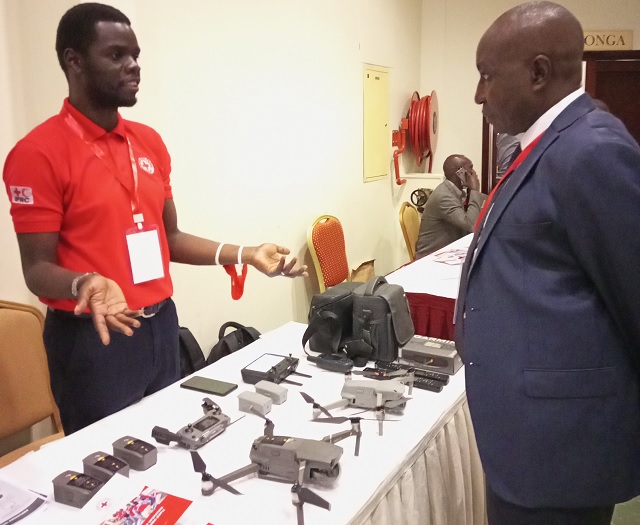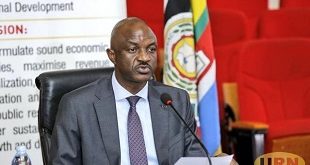
Kampala, Uganda | THE INDEPENDENT | How best can the government and its partners anticipate disaster occurrence and deal with the likely negative impact that it comes with?
This is a central question that was discussed at the inaugural national dialogue on anticipatory action that took place in Kampala recently involving Members of Parliament, Uganda Red Cross Society, Uganda National Meteorological Authority, Office of the Prime Minister and World Food Program.
Robert Kwesiga, the secretary general at Uganda Red Cross Society argued, there has to be a mindset change and that the planners need to consider early actions to avert the likely negative impact.
“Early warning, early action interventions are key in managing disasters and emergencies,” Kwesiga said.
He added that the process starts with prediction, community engagements, response and ensuring that the targeted communities are deeply involved in managing the disasters.
Several speakers urged the government to consider allocating more funds for disaster preparedness, prioritizing issues climate change to be able to manage this challenge.
This comes on the background for Uganda experiencing a wide range of disasters in various hotspots across the country, most of which are climate and weather related.
The state minister for Relief, Disaster Preparedness and Refugees, in the Office of the Prime Minister, Esther Anyakun, urged the government she serves to ensure that the budget is increased so that they do not only depend on contingency budget/funds.
She cited COVID-19 that hit Uganda and the world for two years starting 2020 and now Ebola disease that has caused a lockdown in some parts of the country, as learning scenarios to improve the disaster budget.
Tororo Woman MP Sarah Opendi, urged the government and its partners to adopt a pro- active and not reactive approach to manage disasters in the country.
 The Independent Uganda: You get the Truth we Pay the Price
The Independent Uganda: You get the Truth we Pay the Price



